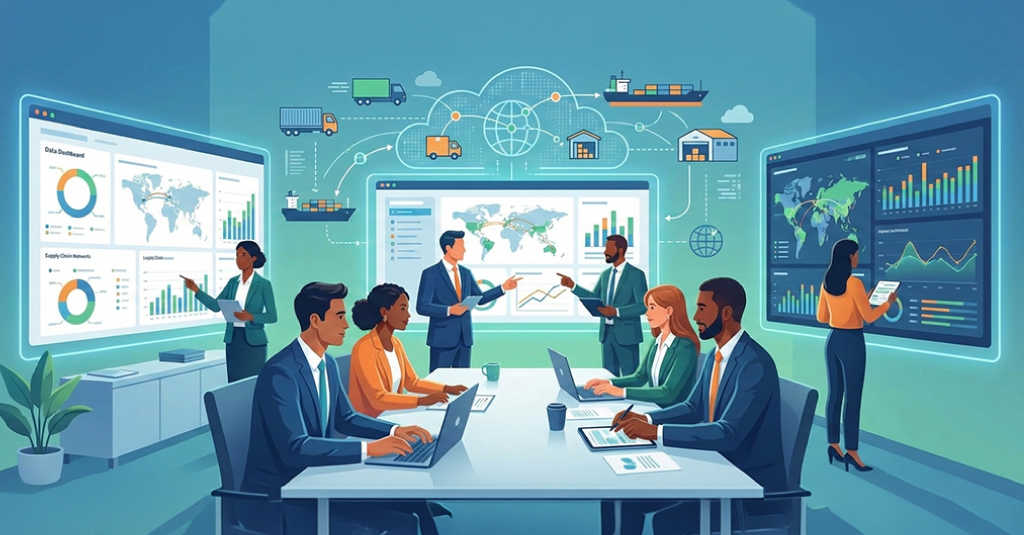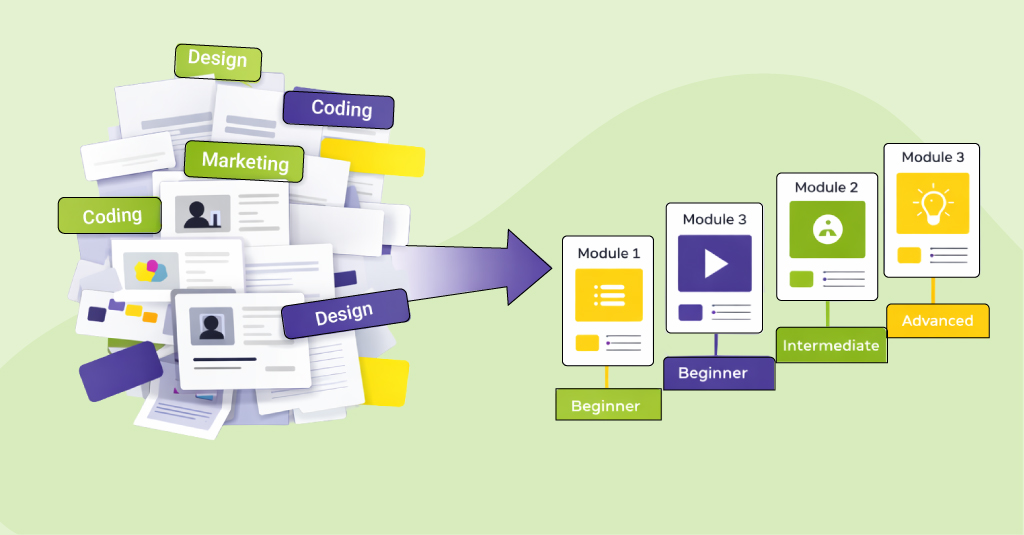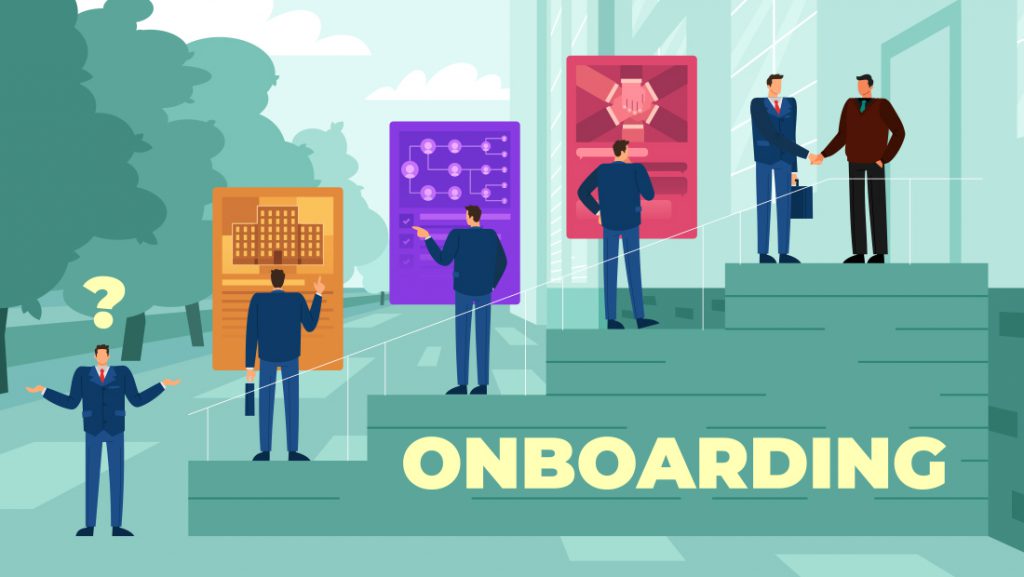As gamers, we’ve lived several stories, as heroes, making opportunities for courage, gratitude, overcoming failure and loss. We’ve experienced falling behind, losing out, and the glory of winning. As gamers, we’ve experienced it all. These are strong emotional experiences that have taken our time and effort so we become better skilled and achieve mastery to overcome the challenges of the game.
If only we were given an opportunity to experience it all in the real world.
Let’s first stop thinking that people play games for fun; fun is extremely arbitrary and is difficult to measure. I would be more comfortable with knowing that people play games to fulfill some unmet needs. Games help us access ‘our story’ through ‘our actions’ to fulfil ‘our needs’, and since this is intrinsically appealing to us humans, we are drawn more to games.
“Having looked at more than 20,000 gamers across all types of games, we consistently see that video games are most successful, engaging, and fun when they are satisfying specific intrinsic needs: those of competence, autonomy, and relatedness” – Scott Rigby, Glued to Games.
(All the quotes in this article are from Scott Rigby’s Glued to Games)
Of Competence
We as humans, want our work to be more challenging every day. We want to keep growing to enjoy our work; the more difficult it gets and the more responsibility gets added, the higher the chances are of enjoying that job over a period of time.
We observe something similar in sports as well, sportspersons strive to overcome challenges, they push through pain, reaching their limits to achieve a level of performance that no one else could reach.
We admire people who perform at their peak because there’s an inherent desire for us to become like them. This inherent desire is of competence. (This is why a platform like twitch exists.)
Competence need-satisfaction through games – a term that has been taken from Scott Rigby, measures the competence needs that are satisfied through various genres of games.
A few examples of competence satisfaction features from the world of games:
Competence Satisfaction in FPS Games
Granular: Blood and enemy reaction when hit.
Cumulative: Increase in strength, reputation, and receipt of new weapons and skills as player advances.
Competence Satisfaction in Driving/Sports Games
Granular: Smoke, sound, rumbles, and representational feedback from on-screen meters.
Sustained: The increasing roar of the crowd and other environmental feedback.
Cumulative: Increase in abilities, advancing in tournaments, and improving win-loss records.
Competence Satisfaction in Platform Games
Granular: Constant stream of micro-challenges (e.g., jumping, simple combat)
Sustained: Power-ups; Chaining actions successfully to overcome obstacles and reach new goals.
Cumulative: Game “collectables”, score/points.
(Glued to Games)
Competence satisfaction in a modern workplace
There might be some obvious answers that might pop in our heads while we think about competence in our workplaces, but the question we should be really asking here is do we need to rethink competence in the workplace? especially when the world and workplace are skewing so much more towards knowledge work, towards managing emotions, towards ensuring good mental & physical health, towards ensuring inclusivity ,and towards being environmentally responsible.
Of Autonomy
We’ve all inducted ourselves into a club, a club that loves the weekends and hates Mondays. Collectively, we must’ve published at least one message on social media about our love for the weekend or our hate for the Mondays. There are books, podcasts, social media pages that talk about this, week-in and week-out. It’s become a huge part of our culture.
This club is called the weekend effect.
“Studies looking at the experience of autonomy at work have similarly found that employees ’ job satisfaction and productivity are significantly related to the degree to which they feel autonomous at their jobs and experience their managers as supportive of their autonomy in the workplace. This doesn’t mean that the “boss” is not in charge, but again it means that employees found in their work opportunities to make inputs regulate their time or efforts and that they feel they have a voice when things go wrong. No matter where they are in the hierarchy of the company, every worker feels better and produces more when they experience some sense of control and agency on a daily basis.”
Let’s look at a few examples from the world of gaming to understand how games fulfill the need for autonomy.
RPGs combine meaningful choices with a heroic narrative that inspires personal agency in one’s actions.
Modern simulations excel at providing you with the tools to build a self-directed story, along with enough structure (missions, goals) to not feel lost.
Long-range victory goals in real-time strategy games provide a sense of meaning, while strategy choices are fully in player control. Games that provide multiple paths to victory further deepen player volition.
(Glued to Games)
Autonomy satisfaction in a modern workplace
The modern workplace can borrow a lot from the genres of RPGs, simulations and real-time strategy games to set new standards on how we look at lifelong learning, goal setting, task management, reviewing, growth management and most importantly, to finding a purpose, a mission to make your time more meaningful here.
Of Relatedness
We must not forget, even when we work with the best data models, robot assistants, AR devices and autonomous cars, that businesses are about humans. We are humans ( some debate that we’re part cyborgs) but that’s a debate for another blog. We are humans and “at the heart of all our happy interpersonal moments, both large and small, is the feeling that we matter to others.”
As the great American writer, Elie Wiesel said, “The opposite of love is not hate; It is indifference.” Even during brief moments of interaction with those that we may never see again, we can feel relatedness operating powerfully.”
and that’s why relatedness is important. “We feel related when we matter—when we are acknowledged, when we are seen as significant, and when we get to express to others similar feelings and be understood.”
Let’s look at a few examples from the world of gaming to understand how games fulfil our need for relatedness.
NPCs(Non Player Characters) in many genres of games help you within the game in multiple ways, from just giving you directions to being your partner who stays with you till the end of the game.
MMOs(Massively Multiplayer Online) are multiplayer games where you can possibly interact with each other, trade and help the community. The mechanics of party, guilds etc help you perform tasks together against other set of players who might attack your base, or help each other by slaying a difficult monster together.
Co-Ops is a unique genre of games for relatedness since only when all the players in a co-op synergise and play, you can complete the game.
MOBAs(Massive Online Battle Arena) gained popularity as eSports came to the forefront, MOBA’s help promote a sense of belonging between teammates as they grind and perform together with a chemistry that is unparalleled. The teammates almost become like your family.
Battle Royale a format popularised by Fortnite and PUBG, essentially a last man/last team standing format that brings together the best of MMOs and MOBA.
Relatedness satisfaction in a modern workplace
From trust to teamwork, from being good communicators to being great decision-makers, the modern workplace will benefit from introducing relatedness need satisfiers inspired from the world of games.
Adopting the Gamers Mindset
Learning in the modern workplace is not something that happens in a silo. We, as humans, are complex, every team is different and every organisation is unique. There isn’t a one-size-fits-all solution and context should be treated as of utmost importance. Having said that, I’m almost certain that we will be heading to a place where complexities in learning will increase. The fusion and intersections of multiple specialisations will be in vogue and leaders & managers will have to deal with many more variables than before.
Learning cannot happen the way it always has, it needs to evolve to keep pace with the new realities, and with it, we need to as well. Gamers surprisingly evolve every single time they choose to play and complete their game. We need to adopt the mindset of the gamer to navigate this space and figure how we can design experiences along with learning content that helps fulfill the competency-related, autonomy-related & relatedness based needs of the humans that we’re associated with and with it the needs of our business’.
Onwards to the metaverse!
(Quotes are taken from the book Glued to Games – Scott Rigby & Richard Ryan)




















